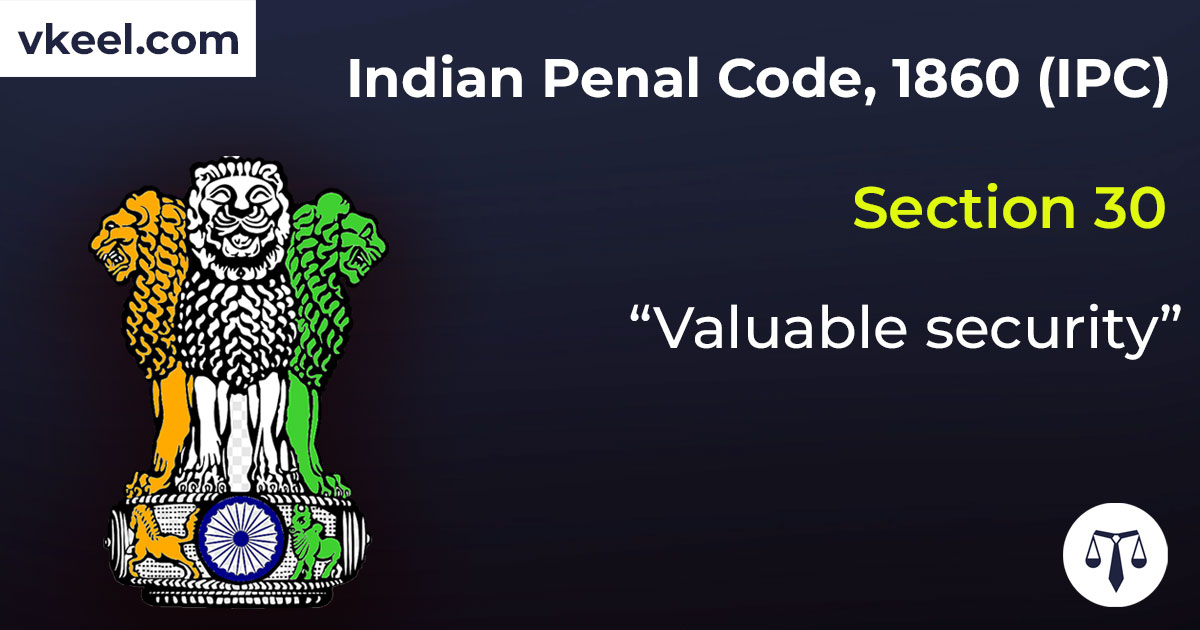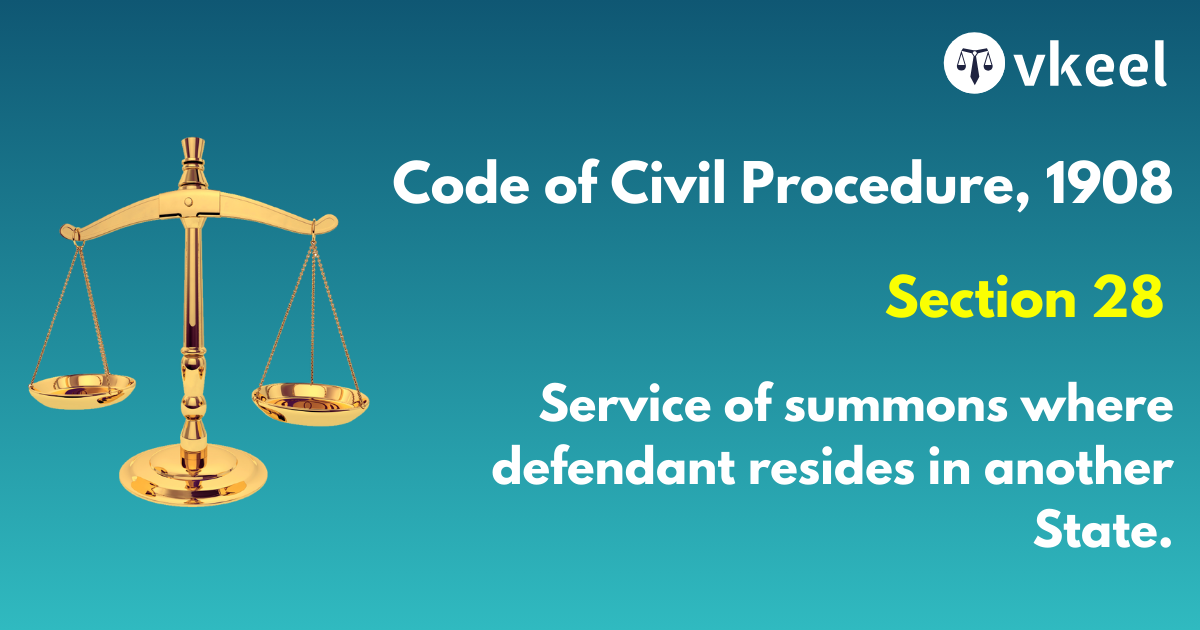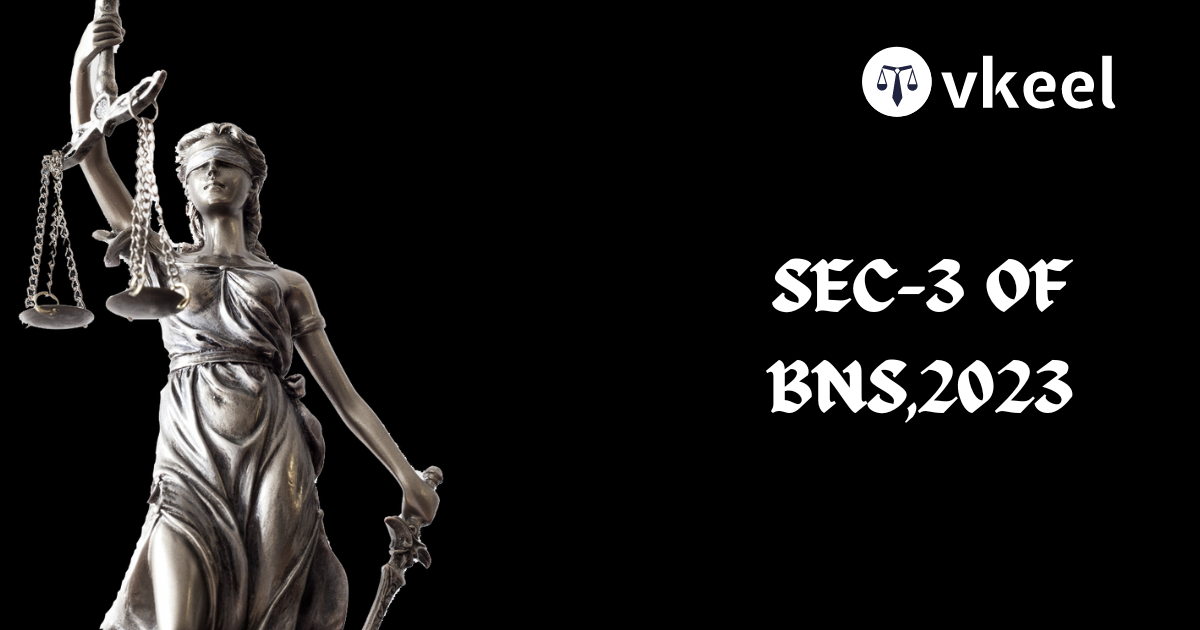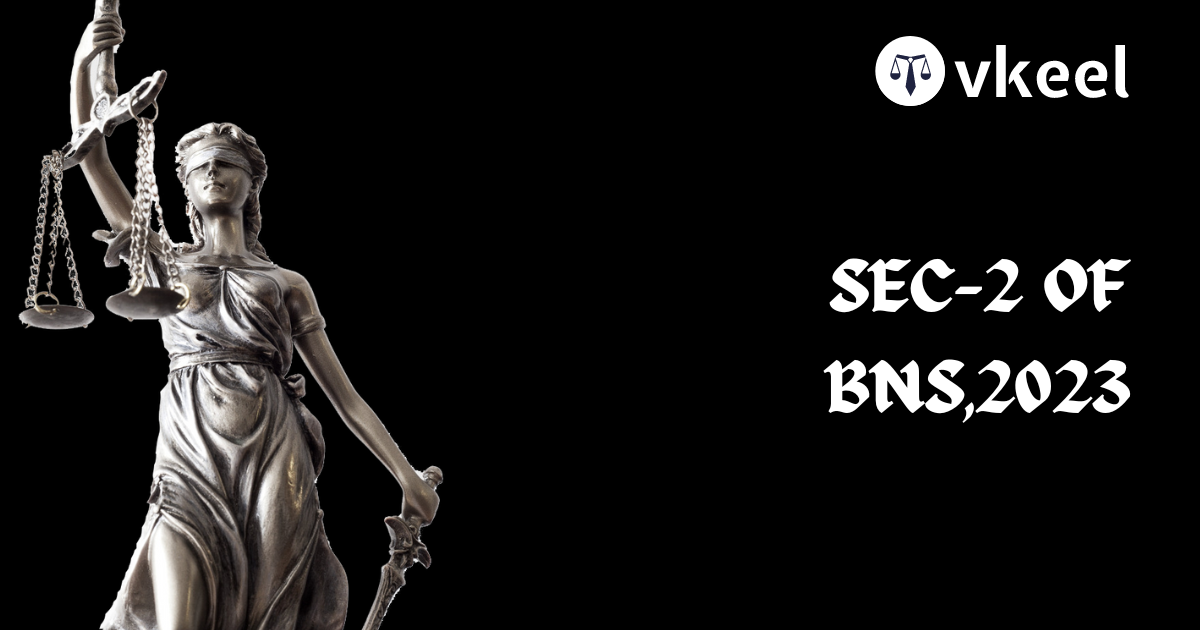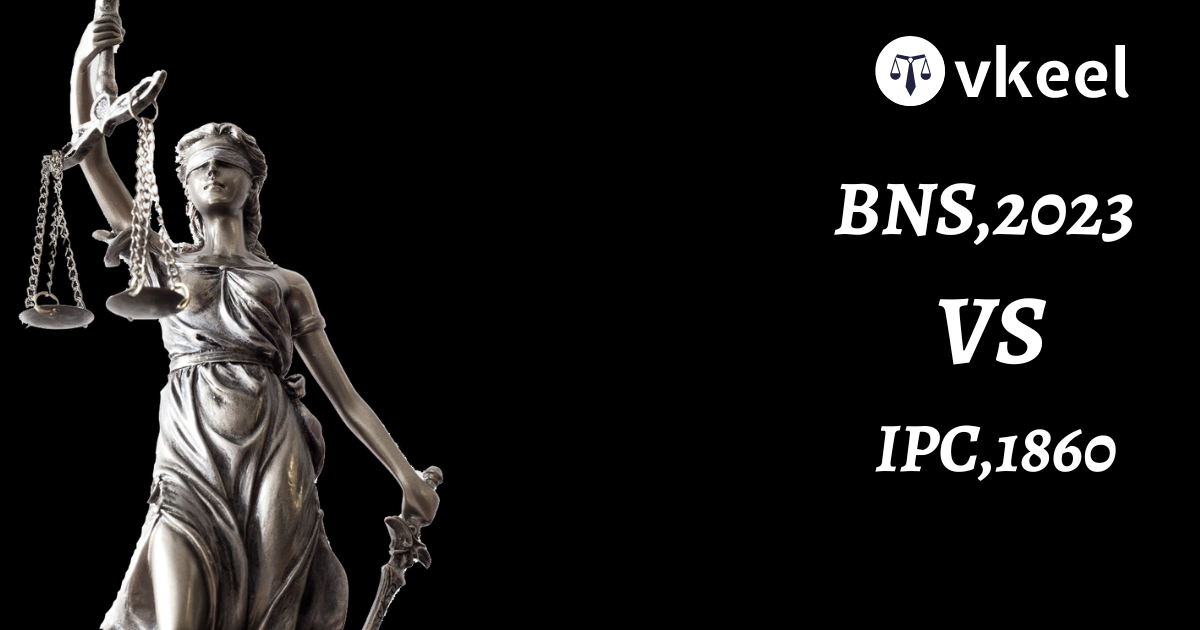Section 30 Indian Penal Code 1860 (IPC) – “Valuable security”
By Vkeel Team
Table of Contents
Description
“Section 30 Indian Penal Code 1860 (IPC)”
The words “valuable security” denote a document which is, or purports to be, a document whereby any legal right is created, extended, transferred, restricted, extinguished or released, or whereby any person acknowledges that he lies under legal liability, or has not a certain legal right.
Illustration
A writes his name on the back of a bill of exchange. As the effect of this endorsement is to transfer the right to the bill to any person who may become the unlawful holder of it, the endorsement is a “valuable security”.
Introduction
Section 30 of the Indian Penal Code (IPC) defines “Valuable security” and is a crucial provision for understanding the concept of securities in criminal law. This provision is relevant in cases where the accused is charged with offenses like theft, robbery, or criminal breach of trust. In this article, we will discuss Section 30 IPC in detail, including its meaning, scope, and legal implications.
Meaning of Valuable Security
Valuable security is a legal term used to refer to a document that represents an interest in property, such as a promissory note, share certificate, debenture, bond, or any other security issued by the government or a company. These documents have a monetary value and can be bought, sold, or transferred.
Scope of Valuable Security
The scope of valuable security is broad, and it covers a wide range of documents that represent a right or interest in property. However, the document must have some intrinsic value and must be capable of being traded in the market. The value of the security is determined by various factors such as the creditworthiness of the issuer, the market demand for the security, and the prevailing economic conditions.
Legal Implications of Valuable Security
The term “valuable security” has significant legal implications in criminal law. Section 30 of the IPC provides that any document that represents a right or interest in property and is of value is considered a valuable security. Therefore, any person who steals or takes such a document without the owner’s consent is guilty of the offense of theft.
Similarly, any person who dishonestly receives or retains such a document, knowing or having reason to believe that it has been stolen or unlawfully obtained, is also guilty of the offense of receiving stolen property. Moreover, any person who fraudulently endorses or transfers a valuable security is guilty of the offense of forgery.
Exceptions to Valuable Security
Section 30 of the IPC provides for two exceptions to the definition of valuable security. First, any document that represents only a right to obtain a document of title to goods is not considered a valuable security. For instance, a bill of lading, which represents the right to take delivery of goods, is not a valuable security.
Second, any document that represents only a right to money is not considered a valuable security. For instance, a check or a promissory note, which represents the right to receive money, is not a valuable security.
Conclusion
Section 30 of the IPC plays a crucial role in determining the legal implications of valuable securities in criminal law. The provision defines valuable security and specifies the legal consequences of stealing, receiving, retaining, or transferring such a document. However, the scope of valuable security is broad, and the value of the security is determined by various factors. Therefore, it is essential to consult a legal expert to understand the legal implications of valuable securities in a particular case.
Desctiption Source: indiacode
Disclaimer:
The information provided in the article is for general informational purposes only, and is not intended to constitute legal advice or to be relied upon as a substitute for legal advice. Furthermore, any information contained in the article is not guaranteed to be current, complete or accurate. If you require legal advice or representation, you should contact an attorney or law firm directly. We are not responsible for any damages resulting from any reliance on the content of this website.

